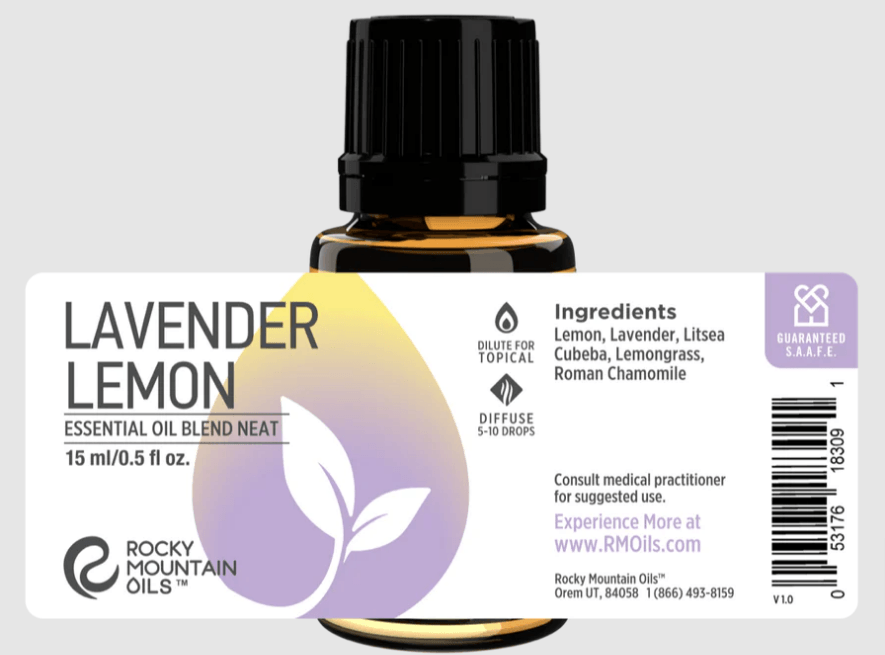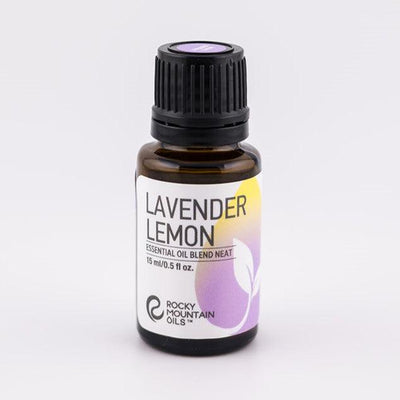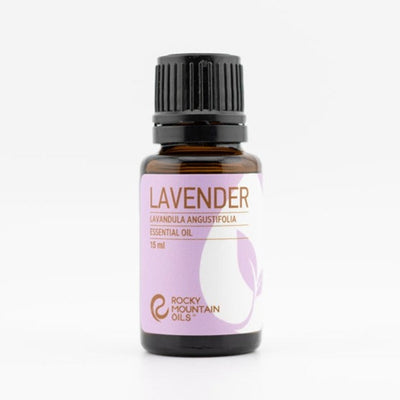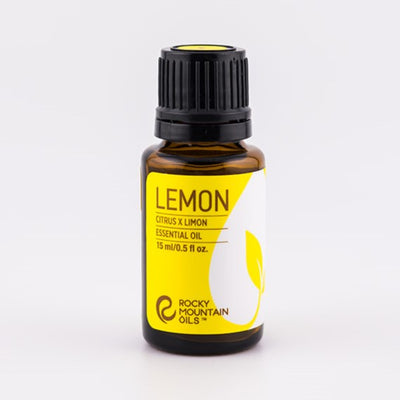Lavender Lemon Recipe: Unlocking Nature's Secrets
Welcome to the serene and uplifting world of lavender lemon oil, a miraculous concoction that harmonizes the tranquil essence of Lavender with the invigorating energy of lemon. This guide is designed to lead you through the journey of creating and utilizing your lavender lemon oil, unveiling a realm where wellness and fragrance interlace seamlessly. Whether you're a seasoned essential oil enthusiast or a curious newcomer, prepare to uncover the multifaceted benefits and applications of this delightful blend.
Lavender Lemon Recipe
At the core of our exploration lies the coveted lavender lemon oil recipe. This section is your step-by-step manual to crafting this aromatic treasure in the comfort of your home. From selecting quality ingredients to the final bottling, every detail is tailored to ensure a fulfilling and successful creation process. Embrace the simplicity and joy of homemade essence, and let this recipe become a staple in your natural wellness and beauty routine.
Ingredients
A. Lavender Essential Oil: Extracted from the flowers of the lavender plant, known for its calming and relaxing properties. It is often used to reduce anxiety and improve sleep quality.
B. Lemon Essential Oil: Derived from the peel of fresh lemons, known for its uplifting and purifying properties. It can help to brighten the skin and elevate the mood.
C. Carrier Oil, Such as jojoba oil, almond oil, or coconut oil, is used to dilute essential oils and facilitate their absorption into the skin. Carrier oils also provide hydration and can improve skin texture.
Equipment
A. Glass Dropper Bottles: Used to store and dispense small quantities of the oil blend. Glass is preferred as it does not react with essential oils.
B. Mixing Bowl: I needed to blend the oils. Glass or stainless steel is preferred as plastic can absorb essential oils.
C. Measuring Spoons: Used to measure the exact amounts of each oil to ensure the correct dilution and potency.

Preparation
- Measure out the preferred amount of carrier oil and pour it into the mixing bowl.
- Add the desired amount of Lavender essential oil to the carrier oil, usually a few drops, depending on the desired strength.
- Incorporate the desired amount of lemon essential oil into the carrier oil mixture.
- Thoroughly mix the ingredients using a spoon or whisk to ensure they are well combined.
Usage
- After cleansing, apply a few drops of lavender lemon oil to the skin, focusing on areas of concern.
- Massage the oil into the skin with gentle, circular motions to enhance absorption and stimulate circulation.
- For a natural perfume, apply a drop or two to pulse points like wrists or behind the ears for a subtle, uplifting scent.
Benefits
- Lavender essential oil can help promote relaxation and reduce feelings of stress and anxiety, making it perfect for use before bedtime.
- Lemon essential oil is known for its antibacterial and astringent properties, making it beneficial for skin clarity and tone.
- The combination of lavender and lemon oils provides a refreshing and soothing scent, enhancing mental clarity and mood.
- The blend nourishes and moisturizes the skin, leaving it smooth, soft, and rejuvenated.
Applications of Lavender Lemon Oil
Lavender lemon oil, known for its distinct and refreshing fragrance, is widely used in aromatherapy to alleviate stress and promote relaxation. This versatile oil can also be added to skincare products for its anti-inflammatory and antiseptic properties, helping to soothe and rejuvenate the skin. Furthermore, its refreshing scent makes it an excellent choice for natural cleaning products and room sprays, providing a non-toxic way to freshen up the home.
Storing and Preserving Lavender Lemon Oil
To maintain the integrity and potency of lavender lemon oil, it should be stored in a cool, dark place away from direct sunlight. Using amber or cobalt glass bottles can help protect the oil from light degradation. Additionally, keeping the bottle tightly sealed will prevent oxidation and prolong the shelf life of the oil, ensuring its therapeutic benefits remain effective for longer.
Safety and Precautions
When using lavender lemon oil, consider the following safety guidelines:
- Skin Sensitivity: Always dilute with a carrier oil before applying it to the skin to avoid irritation. Conduct a patch test before widespread use.
- Pregnancy and Nursing: Consult with a healthcare professional before use if pregnant or nursing.
- Children: Use with caution around children and consult with a pediatrician before use.
- Medical Conditions: Individuals with asthma, epilepsy, or other health conditions should consult with a healthcare provider before using.
- Ingestion: Avoid ingesting lavender lemon oil unless under the guidance of a qualified professional.
- Sun Sensitivity: Lemon oil can increase sun sensitivity; avoid sun exposure after applying it to the skin.

Comparing Lavender Lemon Oils
Not all lavender lemon oils are created equal; their quality can vary significantly depending on the source and extraction method. Pure, therapeutic-grade oils tend to provide more robust health benefits compared to synthetic or adulterated versions. When comparing oils, consider the botanical species, country of origin, and whether the product is organic and free from additives. Reviews and third-party testing reports can also be helpful in assessing the quality of lavender lemon oils.
What is the ratio of lemon and lavender essential oils?
The ratio of lemon to lavender essential oils can vary based on the intended use and personal preference. However, a common ratio for a balanced blend with both calming and refreshing properties might be 1:1, meaning equal parts of lemon and lavender essential oils. For example, if you're making a blend for aromatherapy purposes, you might use 5 drops of lemon essential oil and 5 drops of lavender essential oil. Adjust the ratio based on whether you prefer a more uplifting (more lemon) or relaxing (more lavender) scent.
How do you make lavender lemon spray?
To make lavender lemon spray, you need water, witch hazel or alcohol, lavender essential oil, and lemon essential oil. First, fill a spray bottle about halfway with distilled water. Add an equal portion of witch hazel or alcohol to the water to help disperse the oils and prolong the scent. Then, add around 30 drops of lavender essential oil and 15 drops of lemon essential oil to the mixture. Shake the bottle well to combine all ingredients. Your lavender lemon spray is now ready to use as a room freshener, linen spray, or for other aromatic purposes. Always shake the bottle before each use to ensure the oils are well mixed with the water.
Can you mix lavender lemon essential oils in a diffuser?
Yes, you can mix lavender and lemon essential oils in a diffuser. This combination is popular for creating a refreshing, relaxing, and uplifting atmosphere. Lavender essential oil is known for its calming and soothing properties, while lemon essential oil is recognized for its invigorating and purifying qualities. When used together in a diffuser, they can help reduce stress, improve mood, and purify the air. Just add a few drops of each oil to your diffuser according to the device's instructions and enjoy the aromatic blend. Remember to always use essential oils as directed and consult with a healthcare professional if you have any concerns or medical conditions.
Lavender Lemon FAQs
Can Lavender lemon oil be used on the skin?
Yes, lavender lemon oil can be used on the skin, but it should always be diluted with a carrier oil like coconut or jojoba oil to prevent irritation. Conduct a patch test before completing the application to ensure there is no adverse reaction.
How does lavender lemon oil benefit sleep?
Lavender lemon oil promotes relaxation and can aid in improving sleep quality due to its calming properties. Diffusing the oil in your bedroom before bedtime can help create a peaceful environment conducive to sleep.
Is lavender lemon oil safe for pets?
While lavender oil is generally safe for dogs in small amounts, citrus oils like lemon can be harmful to pets, so it's best to avoid using lavender lemon oil around them or consult with a veterinarian first. Always keep oils out of reach of pets and never apply them directly to their skin.
Can I use lavender lemon oil for cooking?
Yes, you can use lavender lemon oil for cooking, but ensure that the oil is food-grade and used in tiny quantities due to its potency. It's best to start with a drop or two to flavor dishes like baked goods or salads.
How should I store lavender lemon oil?
Store lavender lemon oil in a cool, dark place in a tightly sealed glass container to preserve its quality and extend its shelf life. Avoid exposure to sunlight and heat, as they can degrade the oil's potency.
Can Lavender lemon oil help with anxiety?
Lavender lemon oil is renowned for its ability to reduce anxiety and stress levels due to its soothing properties. Inhaling the scent through a diffuser or applying a diluted mixture to the temples can help calm the mind and ease tension.
Conclusion
As you journey through the aromatic landscape of lavender lemon oil, you are enveloped in a soothing and uplifting experience that invigorates the senses and calms the mind. Its essence, a harmonious blend of floral and citrus notes, offers a multitude of benefits, from relieving stress and anxiety to promoting relaxation and enhancing mood. Embracing natural solutions like lavender lemon oil not only supports overall well-being but also encourages a deeper connection with nature, inspiring continued exploration and application for a more healthful and balanced life.




